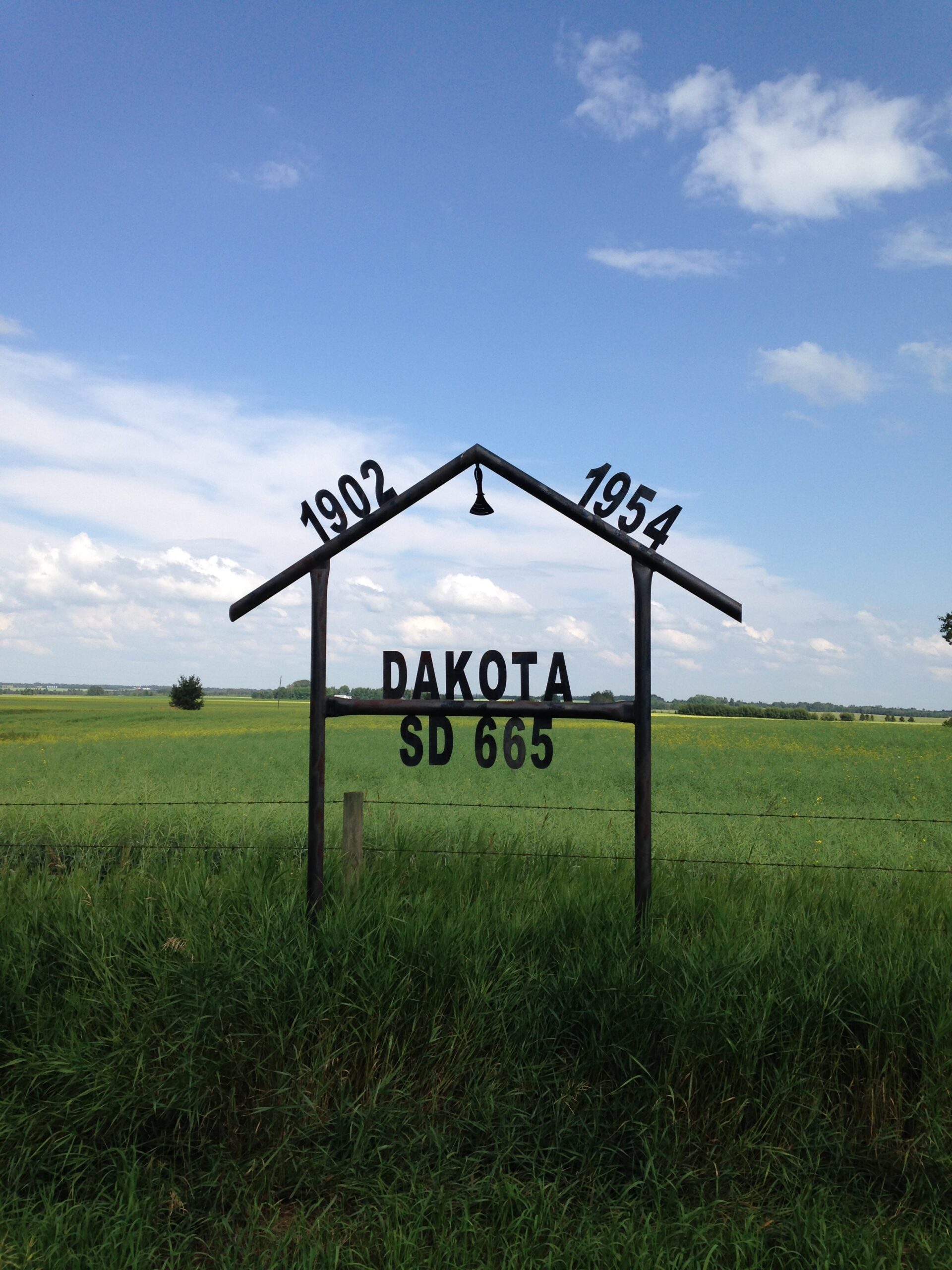434015 Range Rd 273

The Dakota Cemetery, located near Ponoka, Alberta, stands as a testament to the region’s rich history and the diverse communities that have shaped its development. Situated approximately 11 miles east of Ponoka, this cemetery is nestled within the Red Deer Census Division, an area known for its agricultural roots and the settlement patterns of early European immigrants.
Early Settlement and Community Formation
The origins of the Dakota Cemetery are intertwined with the settlement of the Dakota community, established by early European settlers in the late 19th century. These pioneers, primarily of German and Scandinavian descent, were drawn to the fertile lands of central Alberta, seeking opportunities for farming and community life. The establishment of the cemetery provided a communal space for the interment of the deceased, reflecting the close-knit nature of the early settlers.
Dakota United Church and Religious Influence
Central to the Dakota community was the Dakota United Church, which played a pivotal role in the spiritual and social life of the settlers. The church not only served as a place of worship but also as a hub for community gatherings, fostering a sense of unity and shared purpose. The cemetery, often referred to as the Dakota United Church Cemetery, reflects this strong religious influence, with many of the interments linked to church members and their families.
Evolution and Preservation
Over the decades, the Dakota Cemetery has evolved, with records indicating approximately 215 memorials within its grounds . Despite the passage of time and the changing dynamics of the surrounding area, the cemetery has been maintained as a historical site, preserving the legacies of those who contributed to the region’s development. Efforts to document and preserve the cemetery’s history have been undertaken, ensuring that the stories of the early settlers are not forgotten.
Cultural and Historical Significance
The Dakota Cemetery holds significant cultural and historical value, offering insights into the settlement patterns, religious practices, and community life of early Alberta. It serves as a physical reminder of the challenges and triumphs of the pioneers who laid the foundation for the communities in central Alberta. The cemetery’s preservation allows for reflection on the diverse histories that have shaped the region, providing a space for both remembrance and education.
Conclusion
In conclusion, the Dakota Cemetery near Ponoka, Alberta, is more than just a burial site; it is a symbol of the enduring spirit of the early settlers and their commitment to community and faith. Through its preservation, the cemetery continues to honor the past, offering a glimpse into the lives of those who helped shape the landscape of central Alberta.
Address
434015 Range Rd 273
Nearest Populated Centre: Ponoka,
Province: Alberta
Map Location
Latitude, Longitude
52.73304, -113.84934
Map Location
| Surname | Given Name | Born | Died | Age | Photos | Cemetery | R Code |
|---|---|---|---|---|---|---|---|
The 25 most common surnames found in this cemetery.

The 25 most common given names found in this cemetery.

